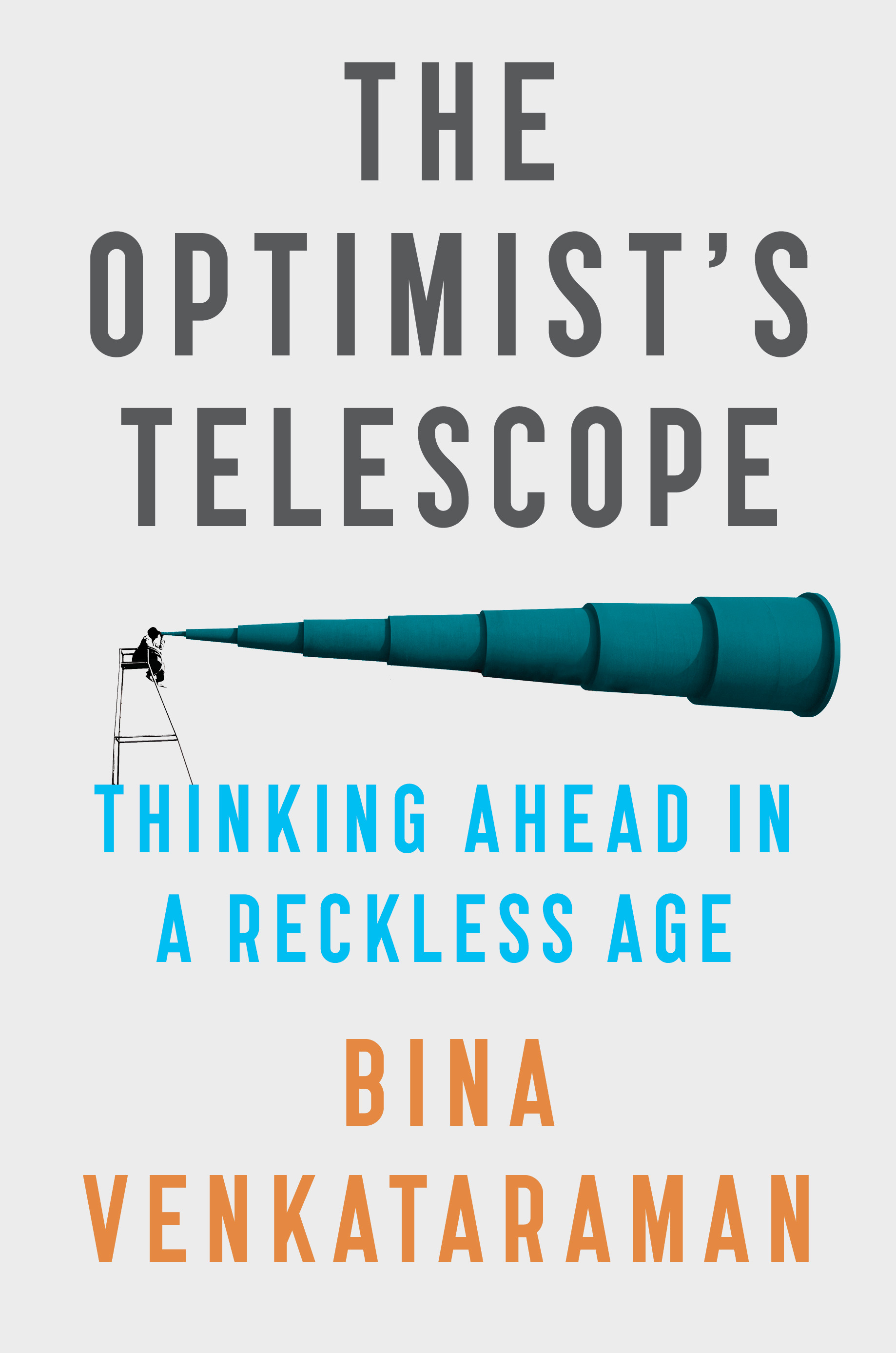The ancient Greek historian Herodotus wrote about the wise statesman Solon, whose election as chief magistrate of Athens in 594 B.C.E. led to reforms including a ban on the practice of enslaving people for unpaid debt, and suffrage for plebeians. After passing his reforms, Solon voluntarily fled Athens. He traveled to Sardis, in modern-day Turkey, to visit King Croesus.
The vain king promptly sent his guest Solon on a tour of his palace to size up his riches, according to Herodotus. The king then asked the wise man to name the happiest man. You might call it leading the witness.
Solon angered Croesus by not naming the king himself. The happiest man, Solon said, was an Athenian named Tellus, who died heroically in battle. All of his grandchildren survived him and he was honored after his death for his feats. He advised the king that the measure of a fortune at a given time in a man’s life is not a true measure of whether his life is fulfilling in total. An average lifetime lasts 26,250 days, Solon said, and misfortune could befall a person on any one of them. (And misfortune did befall King Croesus, who lost both his son and his kingdom.)
It’s unclear whether this encounter actually took place, or was conjured in the mind of Herodotus. Either way the lesson of this apocryphal story rings true today: When we measure ourselves only by what we achieve in the immediate run, we run the risk of neglecting what matters in the future. We also fail to see the big picture, the larger meaning of our decisions as they play out over time.
We often measure immediate results — the number of emails we’ve responded to or likes we’ve gotten on social media, the earnings of the quarter — because we want to know where we stand. People — including investors — often adopt a near-term metric because they believe it is a proxy for a delayed outcome. But the way we glue our gaze to these measures can come at the expense of the pursuit of true sources of meaning and value.
The insight seems to be both timeless and perennially overlooked. When Thomas Mann wrote his epic novel The Magic Mountain in the 1920s, he seemed to be reflecting on the vanity of frequent measurement. In the story, patients cut off from society at the Berghof sanatorium in al- pine Switzerland are instructed by medical staff to take their temperature four times a day in seven-minute increments. The readings give a tempo to each day and a report card to the patients on their performance. Meanwhile, the same patients appear oblivious to the passing of months and years leading up to World War I. The act of measuring seems to reinforce their feelings of illness, and thermometers are carried as badges of honor by the infirm that the healthy are not deserving of. When the protagonist, Hans Castorp, proposes to leave the sanatorium, he asks the doctor whether he is well enough to do so, given his temperature chart. The doctor reveals in anger that the thermometer readings were meaningless from the start, a fiction that signaled nothing about the patient’s condition. Meanwhile, the temperature taking served as false reassurance that hiding out from a society fraying into conflict was time well spent.
One way we can resist becoming myopic is to tune out the noise of near-term measures when they are distracting us from the big picture. A hedge fund investor from Chicago, Anne Dias, once told me about how she does this. She knew that investors who look regularly at their portfolio earnings and losses throughout the day amass lower profits than those who look less often at how they are faring. Aversion to loss drives investors to panic and make rash decisions in the moment to sell off investments on the basis of what might just be temporary dips in value — even when those very stocks will be more valuable over time. University of California economists Brad Barber and Terrance Odean studied this phenomenon and found that thousands of investors hold on to stocks that underperform the market and sell stocks that outperform the market because of their emotional impulses to avoid immediate loss. Billionaire investor Warren Buffett has similarly said that he often makes more money when he is sleeping than when he is actively investing.

Excerpted rom The Optimist’s Telescope by Bina Venkataraman. Published by arrangement with Riverhead, a member of Penguin Random House LLC. Copyright © 2019 by Bina Venkataraman.
Follow us here and subscribe here for all the latest news on how you can keep Thriving.
Stay up to date or catch-up on all our podcasts with Arianna Huffington here.


